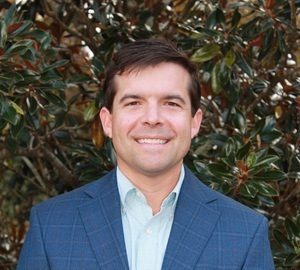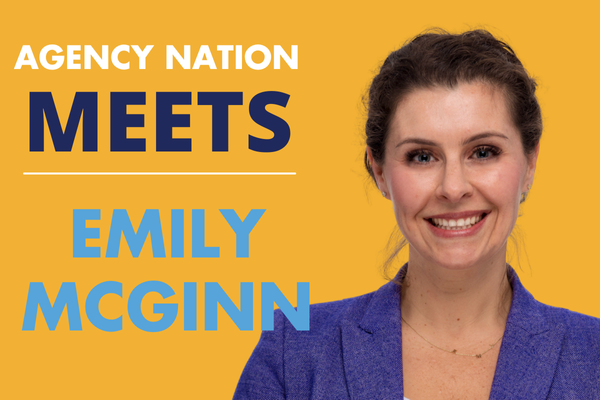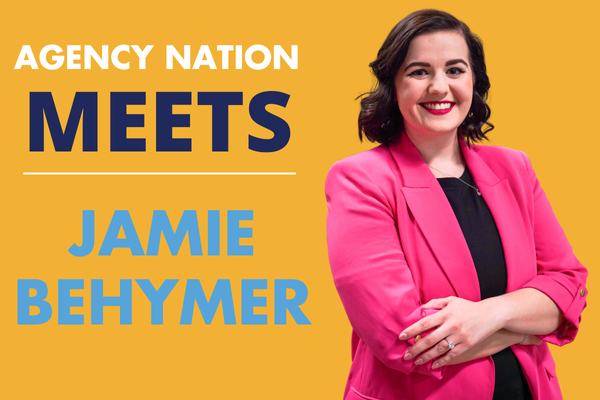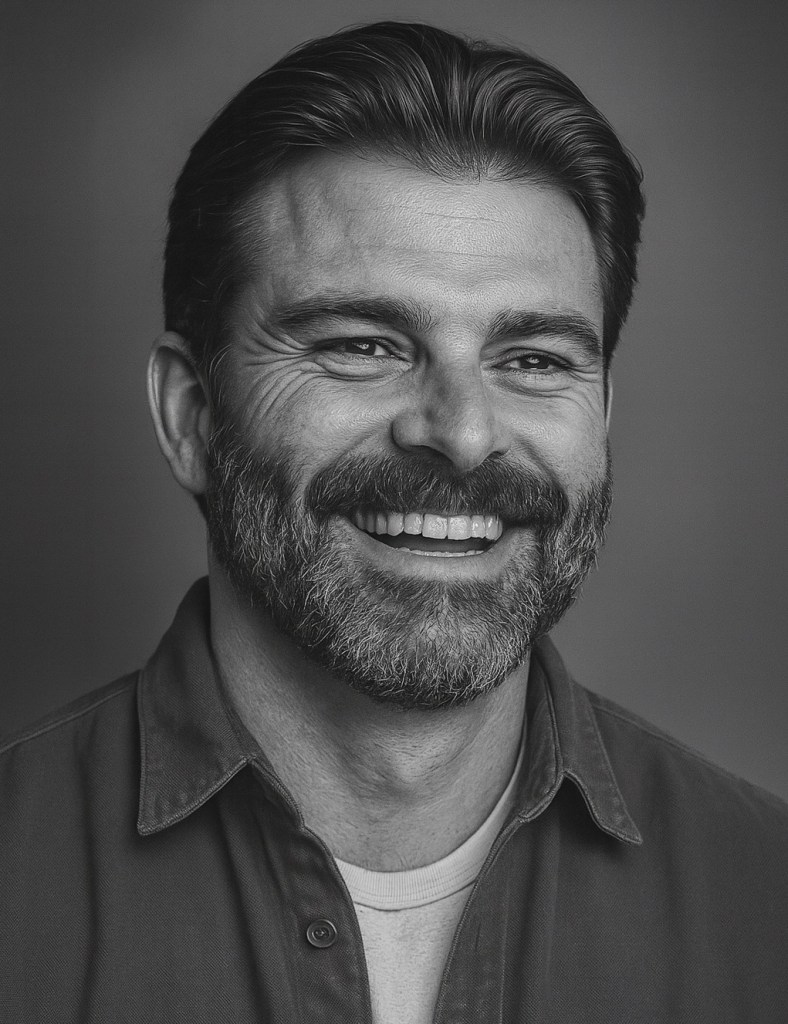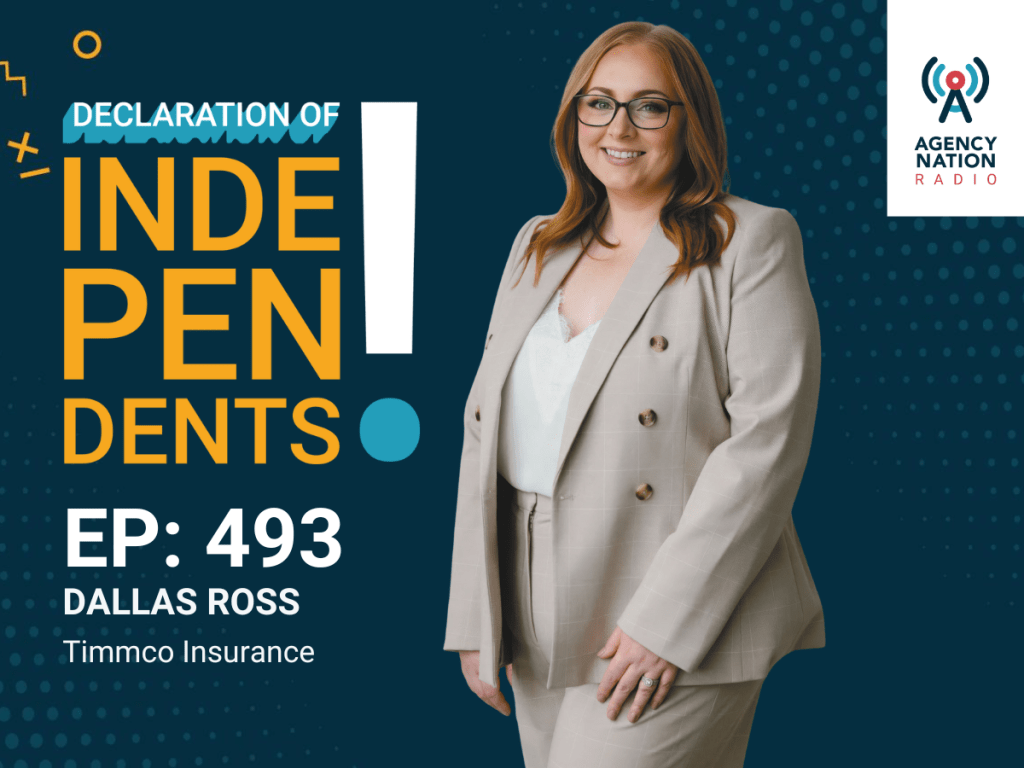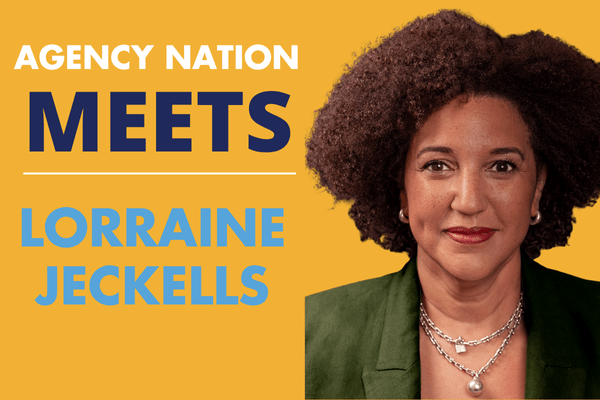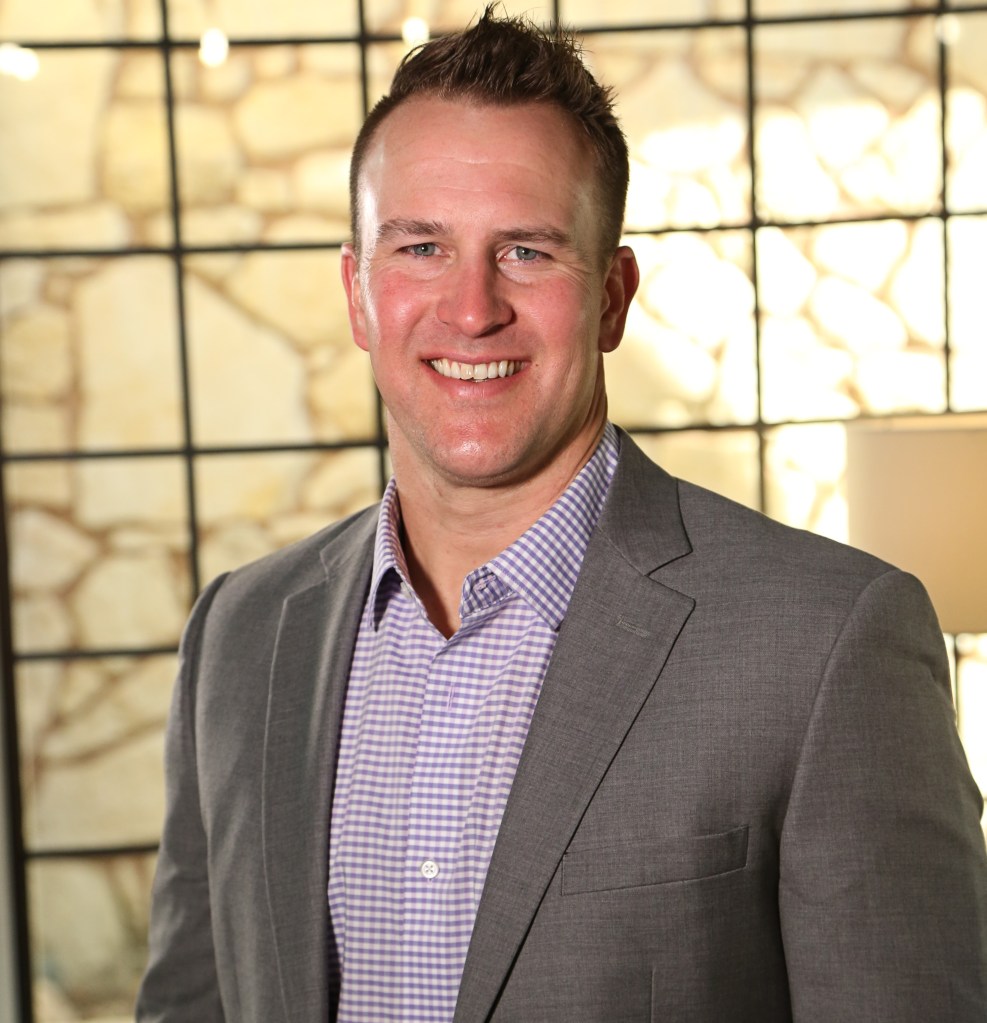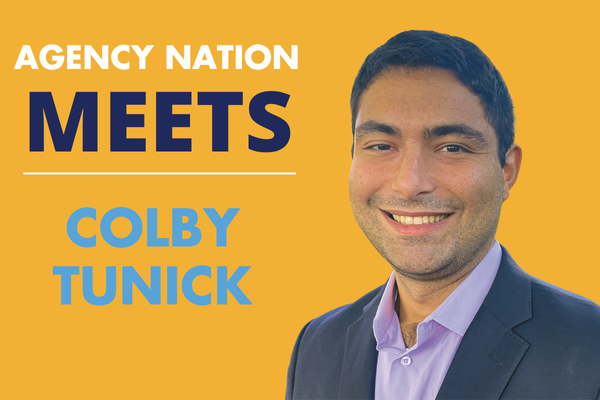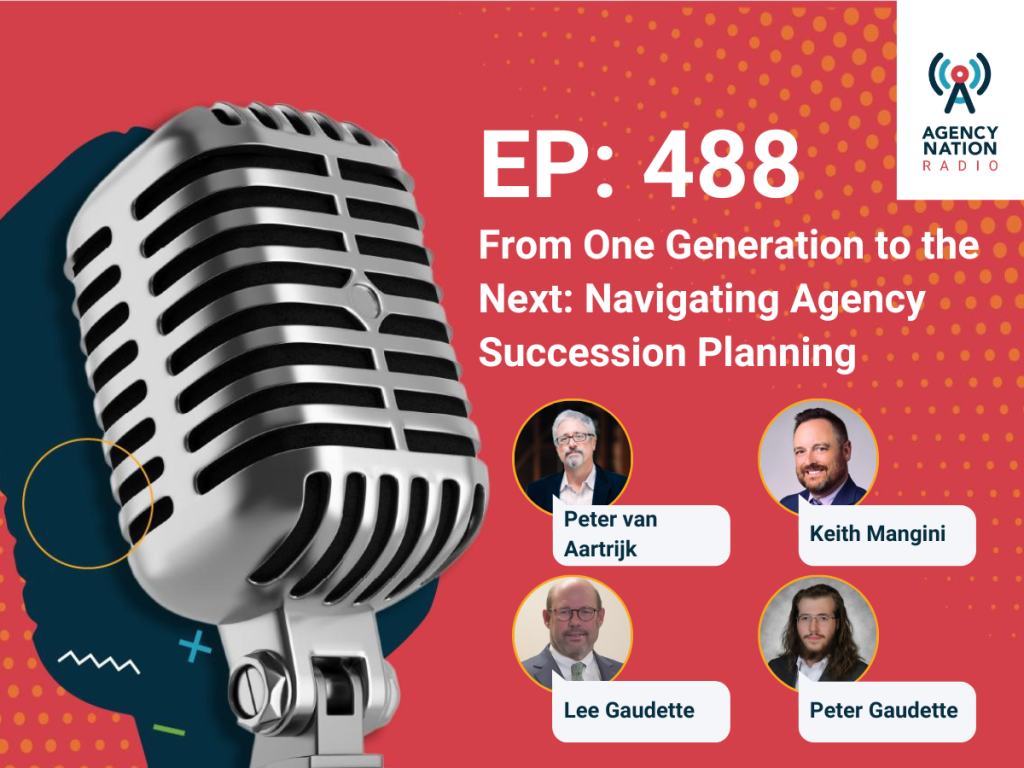The New Next: Meet Young Agent Reuben Hall
By: AnneMarie McPherson Spears
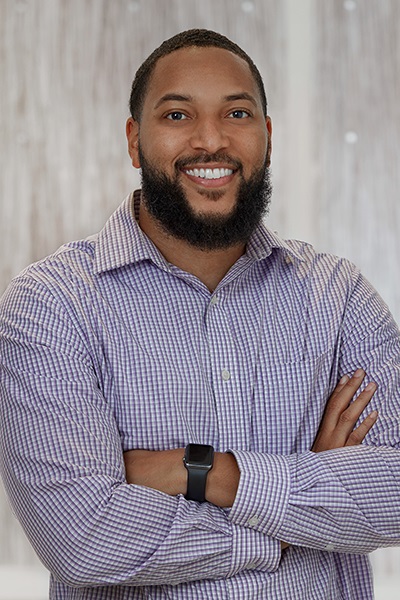 Reuben Hall
Reuben Hall
Client Service Specialist
Hylant
Independence, Ohio
Age: 33
Currently streaming: “Severance”
In your earbuds: The music of Larry June
Preferred social media: Twitter
How did you get started in insurance?
A friend of mine who was working for an insurance carrier reached out to me about a customer service representative role. At the time, I had just gotten out of college and was working in the sports industry—I was working part-time for the now Cleveland Guardians and for the Cavaliers. When he approached me about the opportunity, I was on the fence but I decided to give it a shot.
What are some of the biggest challenges the industry is facing?
Getting younger folks into the industry. I’ve been in the industry since 2011, and it’s rare to see. While we are seeing more younger people coming into the industry slowly, the biggest thing right now is to get them interested in insurance. It’s not necessarily something people go to college for, and you don’t hear much about it when you’re coming out of college. There’s the stereotype that’s tied to insurance: You’re going to be a sales guy. We have to get youth interested and also young people of color. As a person of color, it’s a career path I’d never heard of. Many times, you’re hearing, “be a lawyer” or “be a doctor,” but there are some great opportunities in insurance that are outside the whole sales stereotype.
How can the industry attract more young people?
At career fairs, it’s important to get industry faces out there, and not just people who have had 30 years in the industry. When agencies have opportunities, we need to get both younger and more seasoned insurance professionals out there visiting schools. Younger people need to see people their age. As I was looking at the company where I started, I was thinking, “Is there anyone who can relate to the challenges that I’m going to face as a young insurance professional?” It’s nice to have someone who can share those experiences with you.
What’s the key to retention?
We see young people changing jobs often, but it’s not that we don’t like who we’re working for—it’s just that we’re not interested in waiting 10 years to grow in the company. People want to know that you believe in them and want them to succeed. If you give young agents those opportunities to grow early, I think the retention to keep those younger employees would be so much better.
What do you love about insurance?
I love that I don’t know everything—and that I can’t know everything. I’m learning something different every day. You can’t get bored because there’s a new challenge, a new client, a type of business you’ve never insured before. As you’re looking into that specific industry, you begin to be able to have proficient conversations and show your expertise. You become well-rounded with an understanding of different businesses. I think about insurance as a huge puzzle. When you learn something new, you can put that puzzle piece in. It’s going to take a long time, but every day you have an opportunity to connect a new piece.
Do you have a role model or mentor in the industry?
At my old company, there were two client managers who showed me the ropes, challenged me to do things and guided me to do better. I’ll always cherish that. At Hylant, our branch president, Kim Riley, is someone who I look up to because of the way she runs the branch and how she interacts with people. She’s someone who I aspire to be one day. And other team members as well—I get to see how they approach client interactions and risks. Those individuals have shaped who I am and helped me continue to grow.
What are the pros and cons of multiple generations in the workplace?
When you’re a young person coming into the industry, it’s good to work with the older generation because they know so much. They’ve had various experiences and can shed light on a variety of things. For the most part, they’re willing to help and share that knowledge with you. The con would be that the work dynamic can be a challenge sometimes because the older generation doesn’t necessarily embrace change.
With the direction the world’s going in with technology, we’re used to adapting. When efficiency-improving technology comes out, it’s hard for older generations to embrace the new. But us young professionals, we’re thinking, “This is great! It’s going to save us time!” But then we have to work at the speed of the non-adapters. Times are changing—you must embrace the change.
How can young agents help colleagues embrace change?
Sometimes we miss the boat on helping that seasoned insurance professional with technology. Younger agents need to be more patient with the older generation. If we take the time to work with older colleagues, it can help that relationship and help them embrace change. If they see something new, they often go back to what they know how to do because they don’t understand how the new technology works. If you’re patient when you help them through a change, they’ll see how quick and effective it is.
AnneMarie McPherson Spears is IA news editor.

